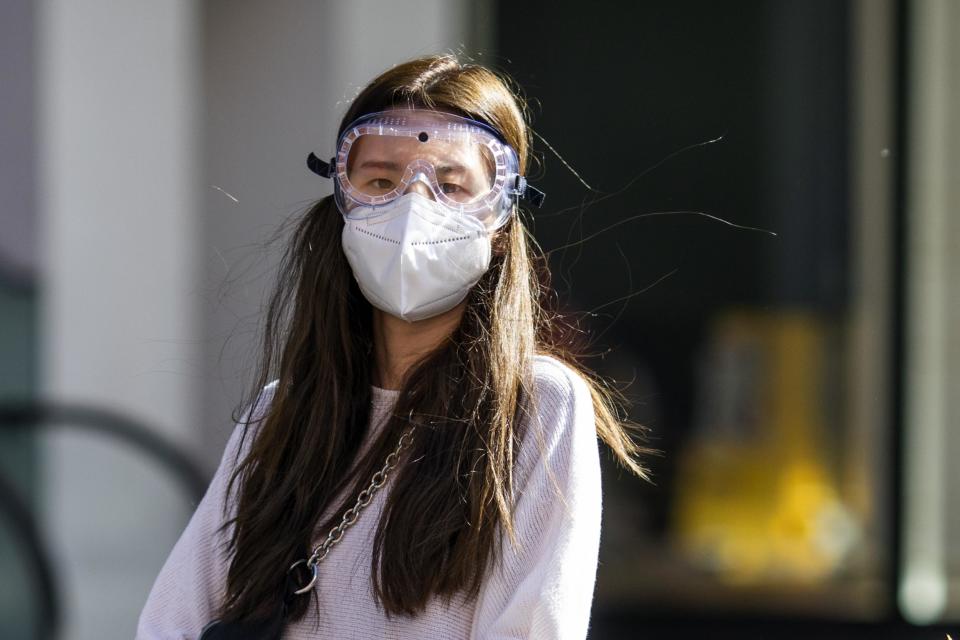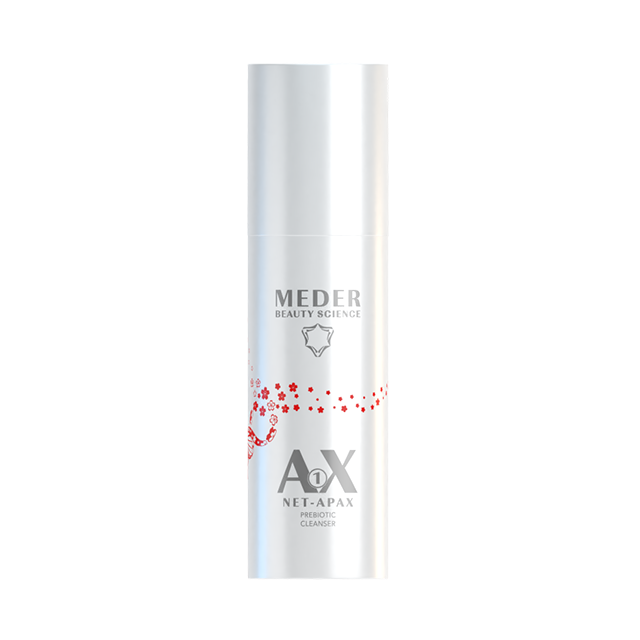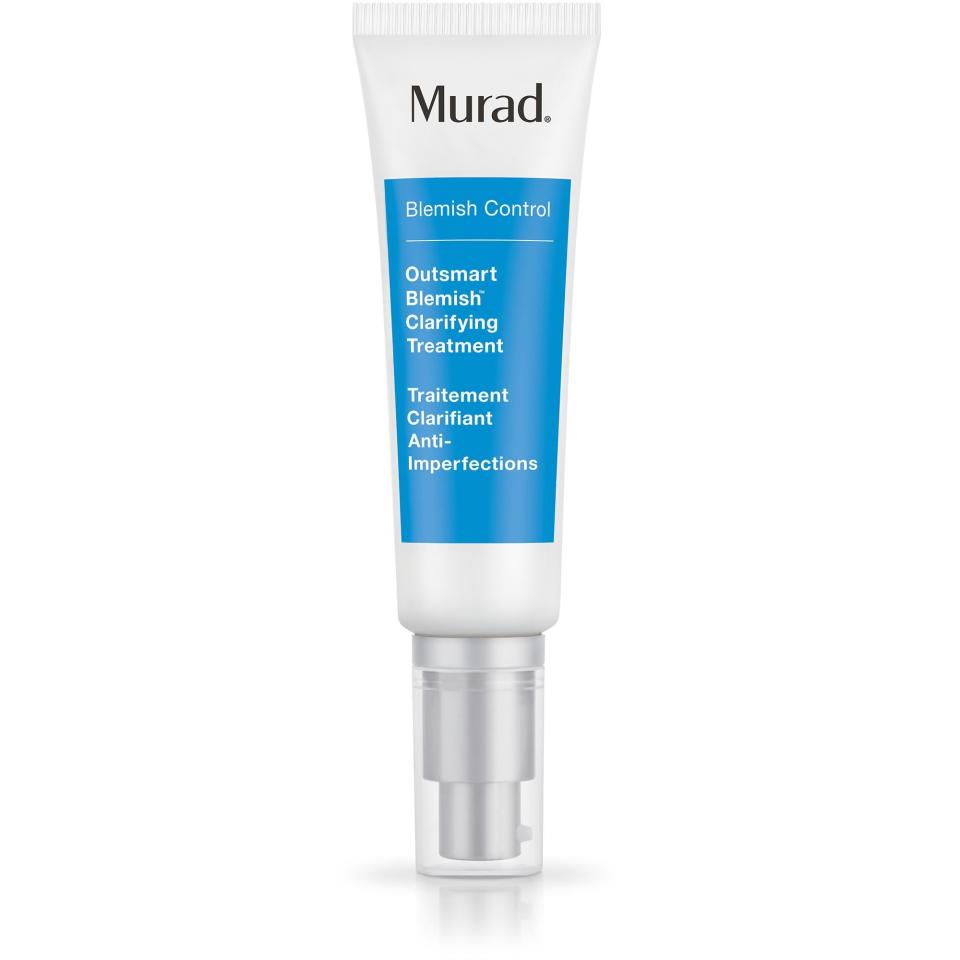Maskne: how to avoid acne breakouts while wearing a face mask

One of the first realities of post-Covid 'new normal' life is getting used to wearing a face mask - now that it's compulsory to wear one while using any form of public transport.
And with London Mayor Sadiq Khan suggesting face coverings are likely to be necessary for commuters in the capital for at least a year, it's worth making sure you've invested in something comfortable and perhaps even a little stylish, to see you through these strange times.
While, of course, wearing a cloth mask occasionally to commute brings with it nowhere near the potential disomfort and irritation that many frontline healthcare workers have reported while wearing full PPE all day, you may well have found that your skin has started breaking out.
Consultant dermatologist and acne specialist Dr Faheem Latheef explains: "With the Covid-19 pandemic stress levels have certainly resulted in flare ups of pre-existing acne and other related skin conditions but in addition to this a new type of acne, dubbed 'maskne' - these are little pimples that appear at sites occluded by face masks worn during the pandemic.
"We refer to this as acne mechanica, as a result of the masks causing friction on the skin surface and breakdown of the skin barrier resulting in the clogging of the pores which can result in spots, but also contact dermatitis (dry skin)," he continues.
It depends on your skin type and the mask you choose to wear, adds Tracey Wilmot, education director for Murad: "If your skin is usually blemish-prone, you may find that wearing a mask can cause your skin to breakout. The air from breathing in a confined space builds up under the mask over time and warms the skin, if combined with perspiration from prolonged periods of wearing a mask, this could create a breeding ground for bacteria leading to breakouts."
All non-frontline workers are being encouraged not to purchase medical-grade face masks (to ensure that those who need them can continue to get them) but fortunately there are now plenty of stylish face coverings available to buy online. So opt instead for natural fabrics like cotton or washable silk may reduce the friction of the mask on your face, the experts suggest.
A post shared by Gwyneth Paltrow (@gwynethpaltrow) on Mar 22, 2020 at 4:44pm PDT Meanwhile, Dr Tiina Meder, dermatologist and founder of Meder Beauty Science, advises only to wear it when you need to (and in line with official guidelines) and when you remove the mask "place it in a clean ziplock bag until you can wash it."
Meanwhile, Dr Tiina Meder, dermatologist and founder of Meder Beauty Science, advises only to wear it when you need to (and in line with official guidelines) and when you remove the mask "place it in a clean ziplock bag until you can wash it."

Microbiome-friendly skincare
When it comes to the skincare you use under your mask, experts recommend keeping skin clean and hydrated with microbiome-friendly products to help strengthen the skin's natural barrier.
"Cleaning the skin first thing in the morning and at night is essential to remove unwanted bacteria, dirt and dust particles which can cause irritation and sensitivity," says Murad's Wilmot, "A gentle cleanse when removing the mask is an additional way to protect the skin, but always follow with hydration to keep the moisture barrier healthy."
If you are cleansing more frequently, choose a gentle, prebiotic cleanser which focuses on restoring the balance of the skin's microflora, such as the Murad Prebiotic 4-in-1 MultiCleanser (£38) or Meder Beauty Science’s Net-Apax Cleansing Mask (£40), both of which will calm and soothe sensitive or irritated skin. If you're on a tighter budget, opt for the Gallinée Prebiotic Foaming Facial Cleanser (£13.90).
"Adapt your regime to how your skin is being affected by wearing a mask," Wilmot suggests. "So if it’s more irritable than usual, avoid over-exfoliating for example and focus on soothing and calming the skin with ingredients such as arnica which is very healing."

If you're already prone to breakouts, avoid creams and emulsions that are too thick or oily, and instead opt for non-comedogenic products. Dr Faheem recommends affordable drugstore brands like Cetaphil and CeraVe. "Moisturise at least 30 minutes before putting your covering on and avoid using make up underneath if you can," he says.
"Generally for spots we would use products containing benzoyl peroxide or a retinol but in this situation I would avoid these as this could irritate further when combined with the occlusive effects and friction from the masks," he continues. "A mild salicylic acid from brands like The Ordinary may be reasonable but with significant problems seeing a skin specialist to get a prescription-based treatment is highly recommended."
Another option is Murad's Outsmart Blemish Clarifying Treatment (£36) which contains both salicylic and glycolic acid to clear away blemish-causing bacteria.

You've heard it before but other simple things to help care for your skin, particularly in the middle of a global pandemic, are drinking plenty of water, trying a yoga or meditation practice to help deal with stress and anxiety - two factors which have a major impact on the health of our skin - and eating a healthy balanced diet.
"The easiest way to keep your cells hydrated is by 'eating your water.' Eat a colourful diet of water-rich foods to help cells, and essentially your skin, to stay hydrated for longer. Calming foods such as chickpeas, raspberries and blueberries can help reduce inflammation. Supplements containing zinc and vitamin D are essential as we are spending more time indoors and Vitamin B complex may help to keep the skin and hair healthy," Murad education director Wilmot adds.
Read more
A top dermatologist on the 8 best skincare products for acne

